Beyond the Valley of the Dolls
In 1970, Twentieth Century-Fox, impressed by the visual zing “King of the Nudies” Russ Meyer had been bringing to bargain-basement exploitation fare, handed the director a studio budget and the title to one of its biggest hits, VALLEY OF THE DOLLS. With a satirical screenplay by Roger Ebert, BEYOND THE VALLEY OF THE DOLLS follows three young female rockers going Hollywood, in hell-bent sixties style, under the spell of a flamboyant producer—whose decadent bashes showcase Meyer’s trademark libidinal exuberance. Transgressive and outrageous, this big-studio version of a debaucherous midnight movie is an addictively entertaining romp from one of cinema’s great outsider artists.
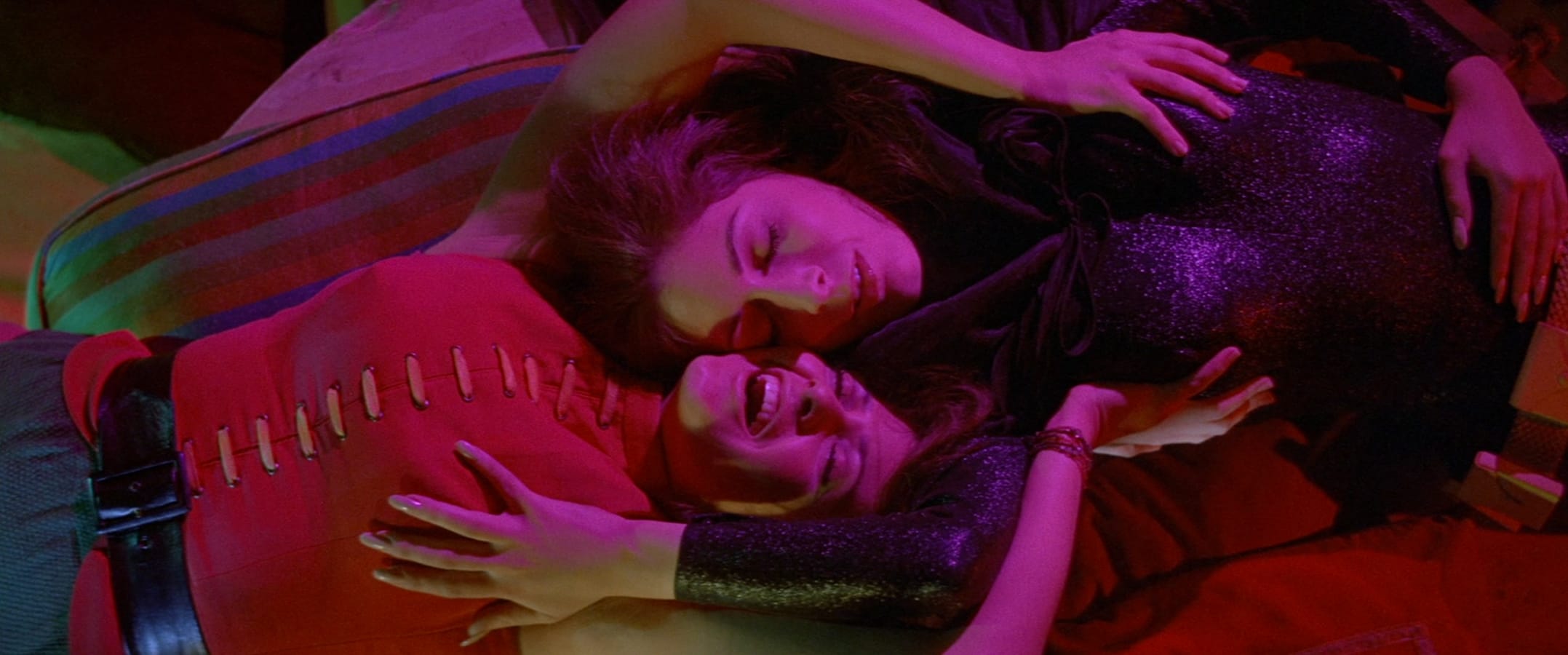

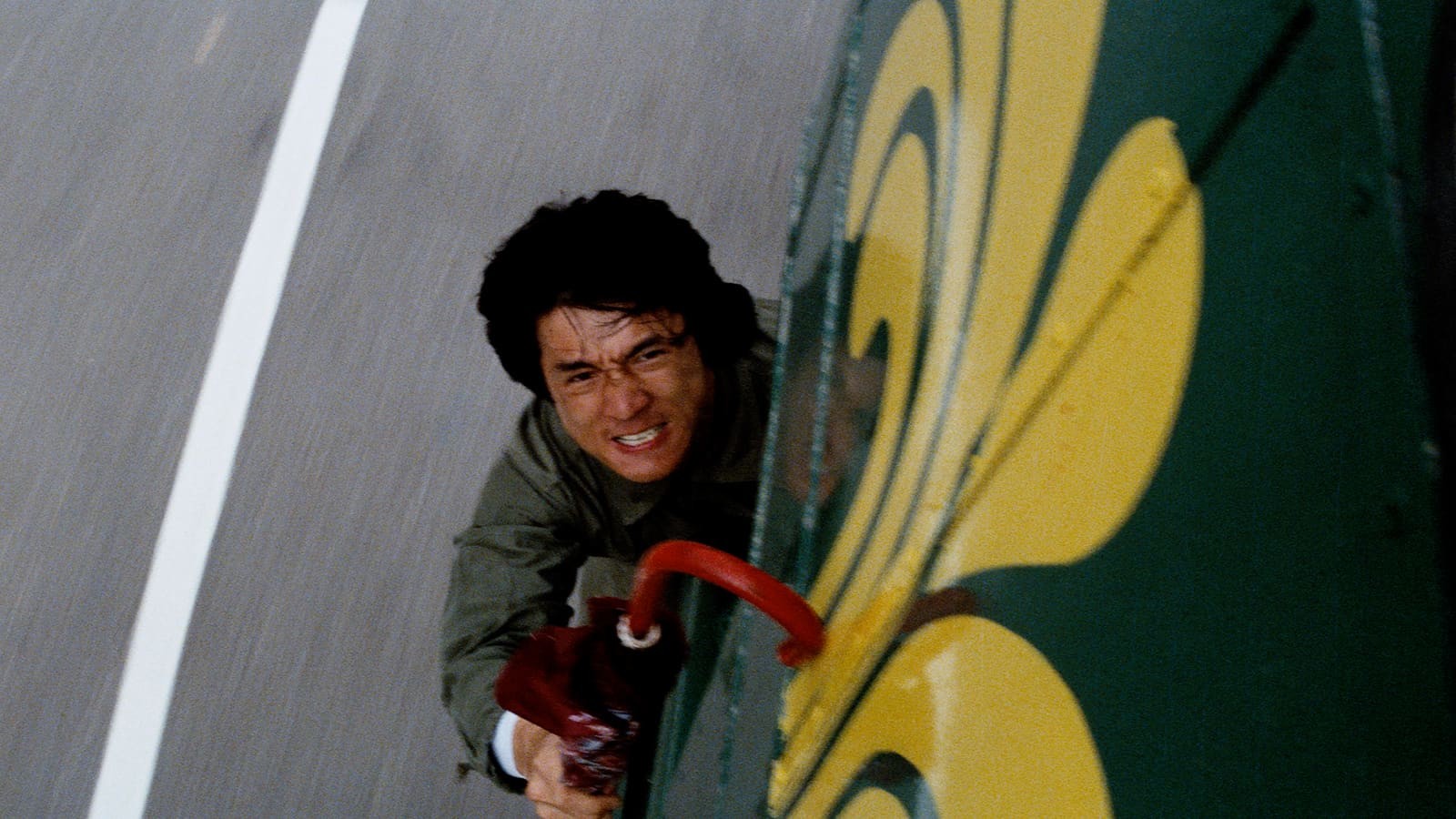
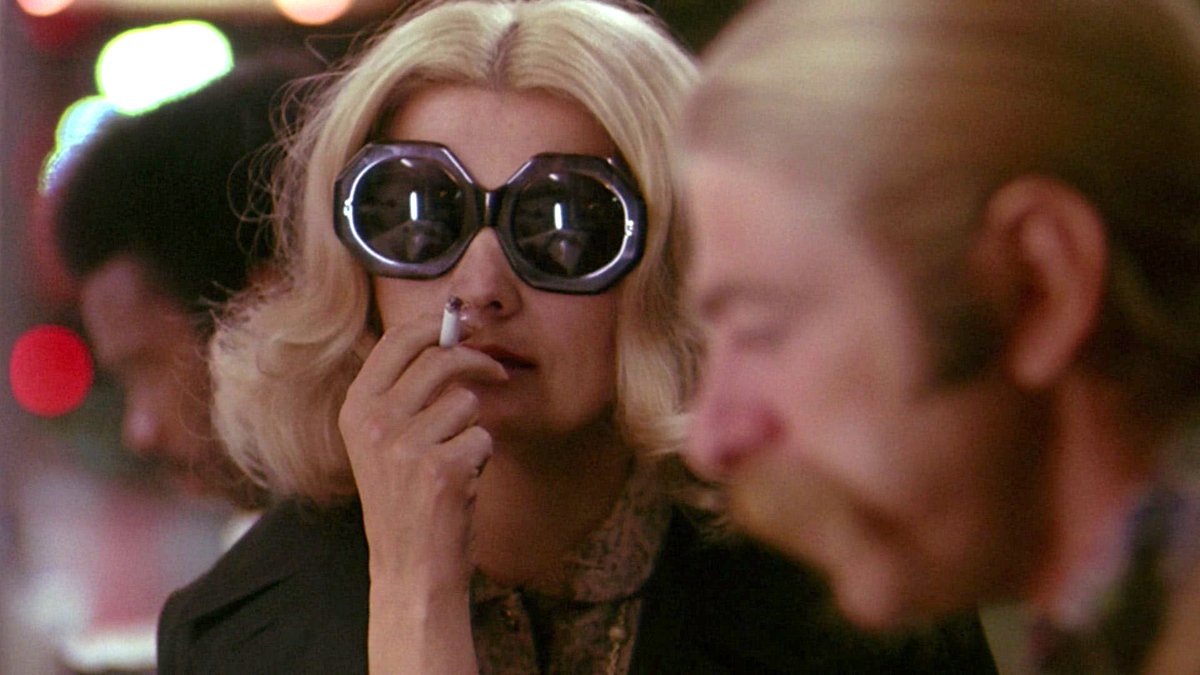
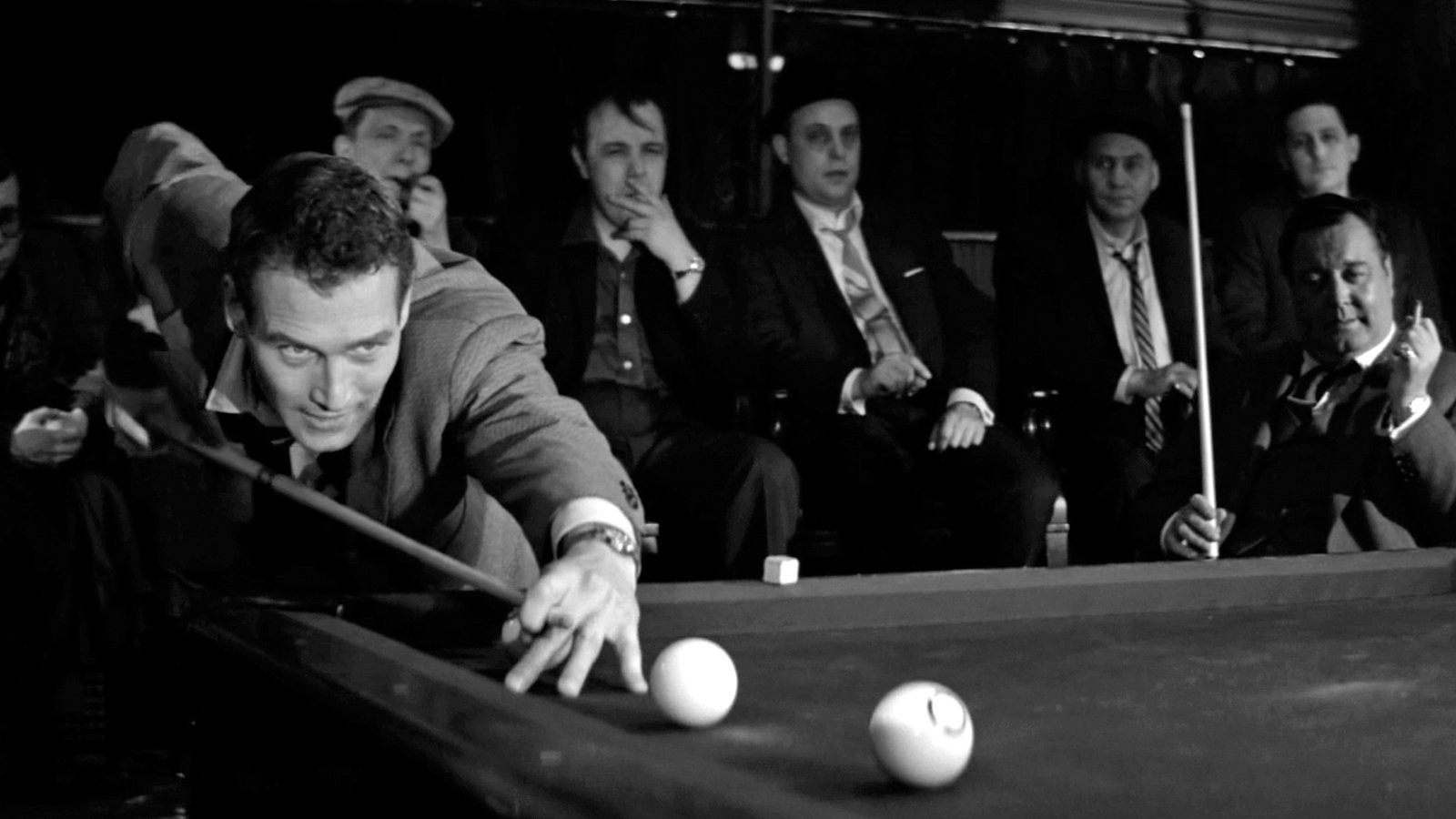
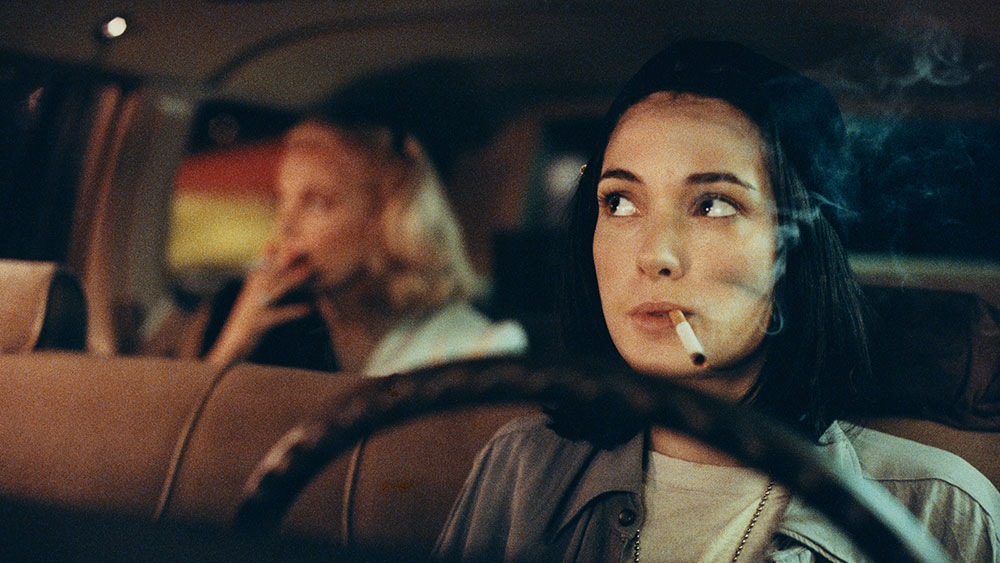

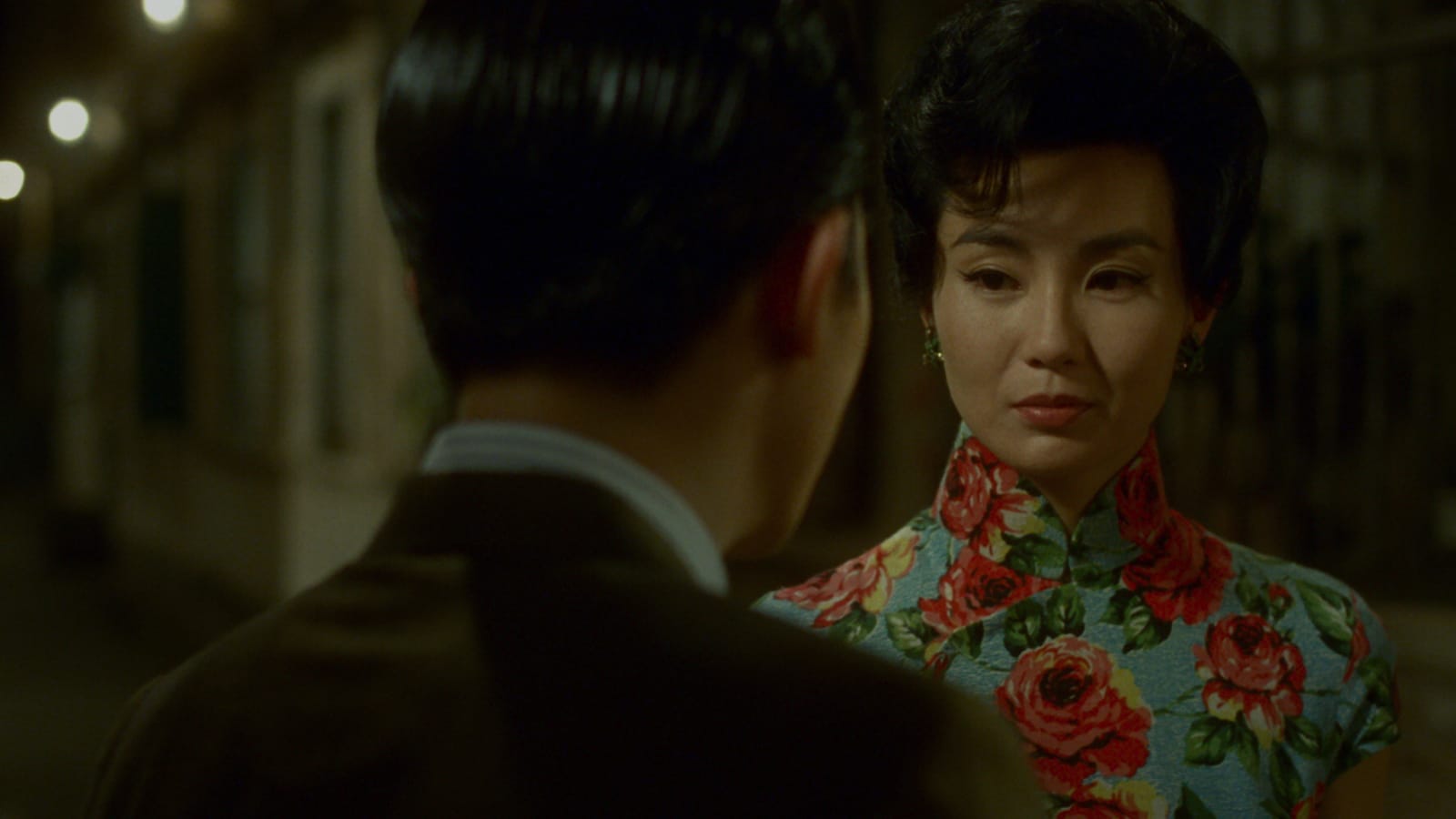

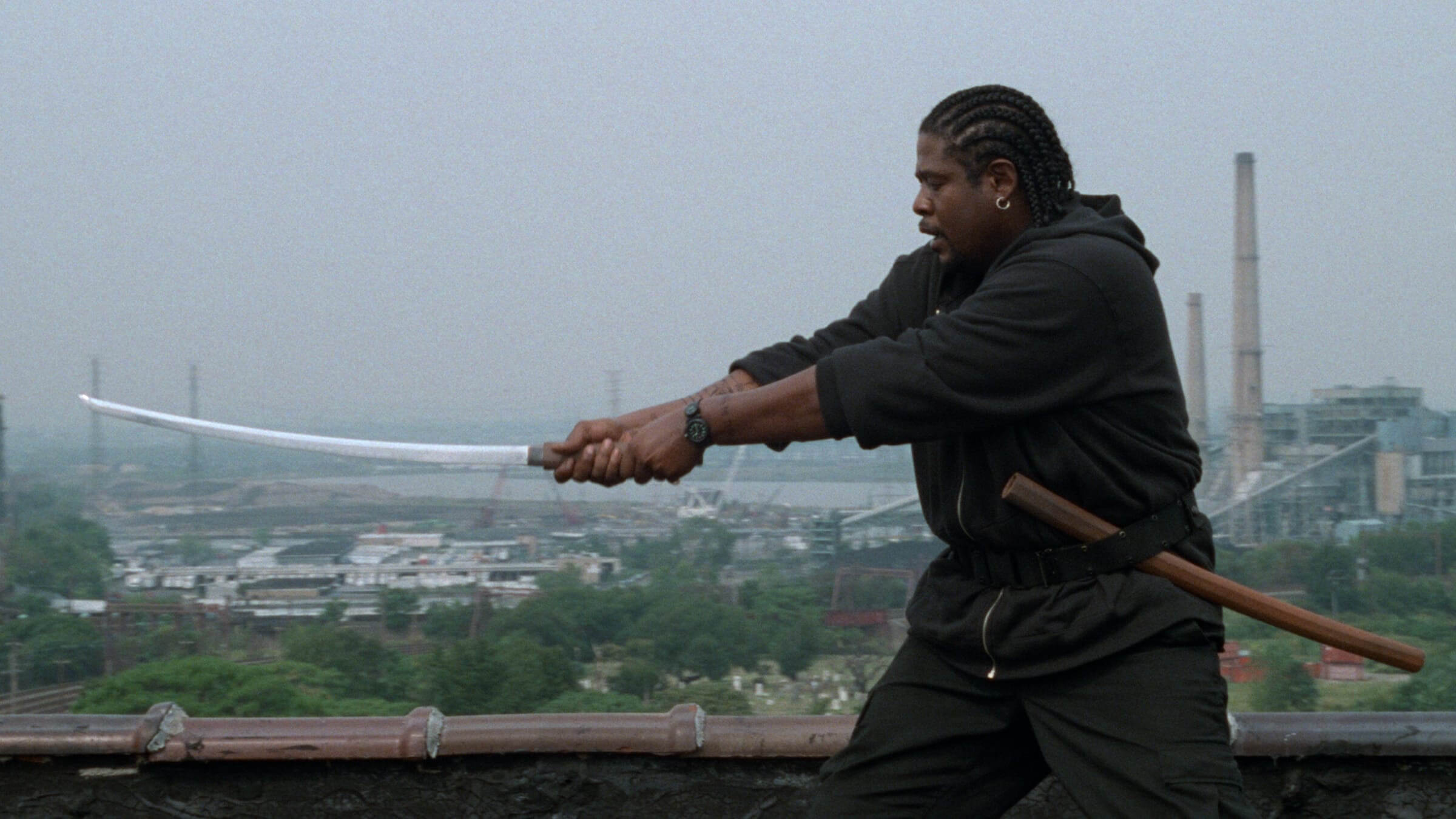
 © MMXX RYAN STARSAILOR
© MMXX RYAN STARSAILOR